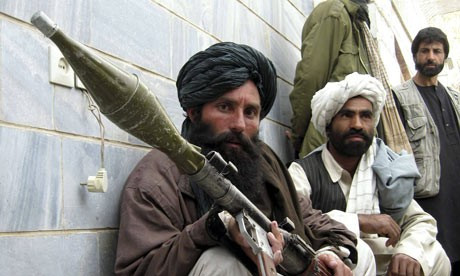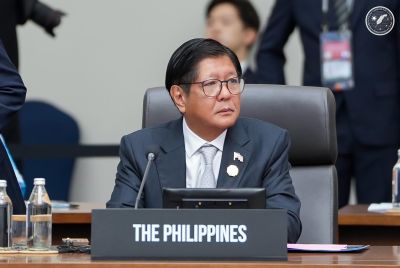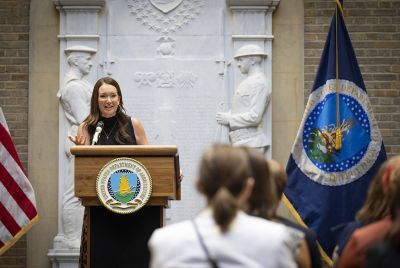Phone Hacking: Are the Taliban Losing the Cyberspace War?

Although the Islamist group banned television during its time in power between 1996 and 2001, since being ousted of power by the U.S. after being accused of harbouring al Qaeda militants blamed for the September 11 attacks on the United States, the Islamist group has increasingly become aware of the necessity to use new technology and its communication tools now includes websites, mobile phone text messages, emails and posts on Twitter and Facebook.
The Taliban have since then regularly promoted their attacks, opinions or exploits online as they tried to reach out to the public and new potential recruits.
Pakistani author and Taliban expert Ahmed Rashid said that, prior to 2001, the Taliban's "media reach to the Afghan people and the world had been virtually zero and totally ineffective."
"They learnt quickly that the war against the Americans had to be fought on many fronts," he said.
The online proficiency of the Taliban could be attributed to an influx of younger recruits during the past decade, said Thomas Ruttig, co-director of the Afghanistan Analysts Network, but he said the overall strategy was not new.
"Islamists, even the early modernist and non-violent ones like Sayed Jamaluddin Afghani or the Egyptian Muhammad Abdu, have always suggested using Western advanced technology to overcome the West's domination," he said.
"That's not much different from today's Taliban."
The Taliban however are aware of the dangers that come with using modern technology and are said to be paranoid that modern technology will betray hiding places.
They have in the past threatened to target mobile phone operators' building if networks are not shut down at night, when they fear foreign troops could track them down.
The new cyber-attack in which Mullah Omar's phone was allegedly hacked by U.S. intelligence sparked new Taliban threats of revenge against the telephone network providers..
A spokeswoman for NATO-led troops in Afghanistan however said they had no information about the incident and the NATO-led International Security Assistance Force declined to comment on the Taliban allegation.
The Taliban regularly change the addresses of their websites, and website addresses are often corrupt or link to other websites such as dating or online shopping sites.
A "security encyclopedia" for Islamist militants which was posted online several years ago and translated by the U.S.-based SITE institute, called for strict precautions when using mobile phones, warning that Mullah Omar had come close to being assassinated after his phone signal gave away his whereabouts.
The Taliban is against Afghans using mobile phones as the group says they can easily pass on information to foreign and government troops.
New reports emerging from the Panjwai district of southern Kandahar province reveal that villages have recently accused the Taliban of smashing mobile telephones found on people outside their homes.
© Copyright IBTimes 2025. All rights reserved.




















